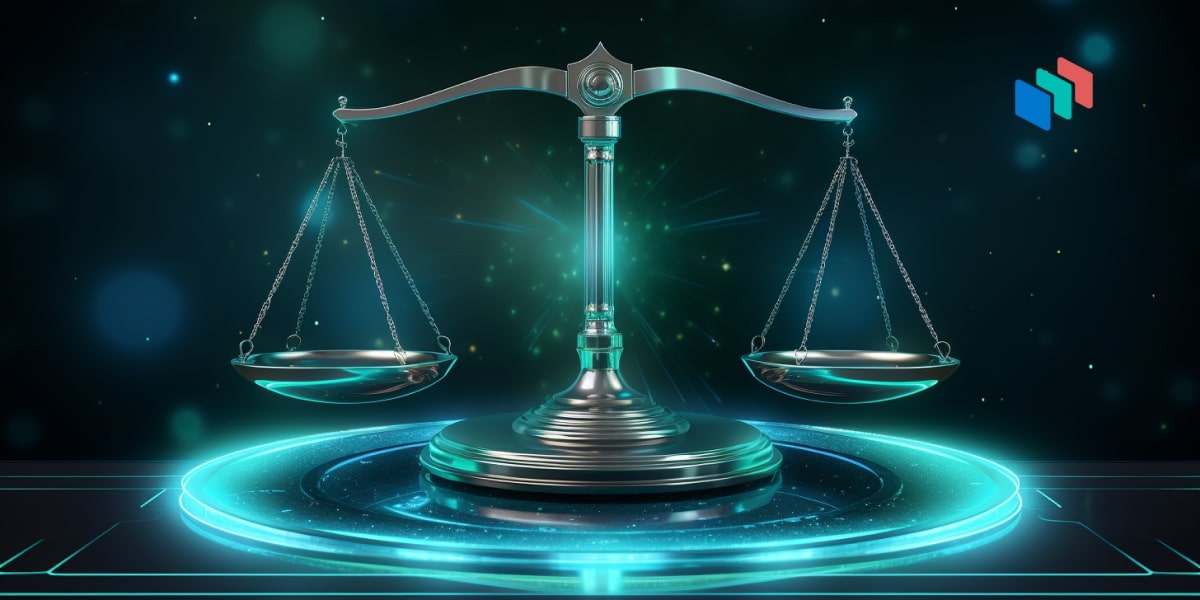What Does Cache Server Mean?
A cache server is a dedicated server acting as a storage for
web content, usually to have it available in a local area network. This serves
to make web browsing and other services that need to go out over the internet,
like software updates, faster because all of the usual data that used to be
fetched from the outside is made available within the local vicinity.
Techopedia Explains Cache Server
A cache server stores previously requested information from the internet locally and temporarily, hence the word cache. By storing previously and frequently requested information, bandwidth is saved and browsing speeds for already cached websites become faster since they are served up locally as opposed to data still traveling from across the globe. These content can even be accessed offline. Cached data can include web pages, forms, images and videos.
A good use case for a cache server is in an enterprise environment where there are hundreds or thousands of computers that need to have their software updated. Instead of all of them requesting and downloading the updates from the internet, the data could be cached in a server and then served locally, saving immense amounts of bandwidth and time since local area network speeds are faster than internet connection.
Cache servers also serve as proxy servers because they intercept internet requests and manage them for the user, representing the user to the outside web.





